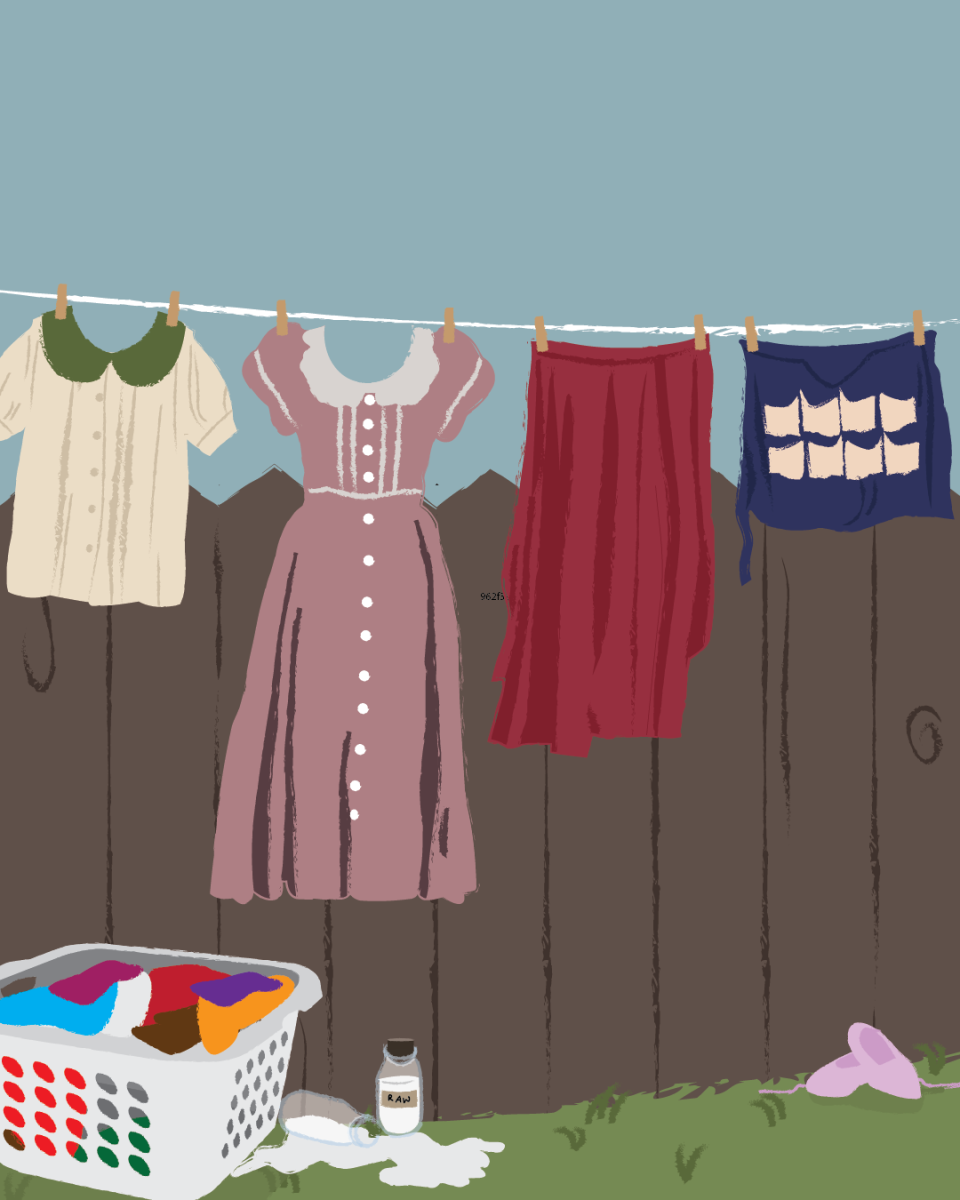For some incoming college freshmen, having a roommate is nothing out of the ordinary, whether that be because of siblings, summer camp or another reason. But for many others, sharing a room with someone is something completely brand new. Especially with many roommates being randomly selected or someone that one has barely talked to, it could result in disaster. Going to college brings enough hardships, and a roommate should not be one of them. But fear not; there are multiple solutions to preventing or dealing with a difficult living situation.
Set clear boundaries right off the bat
Advocating for one’s needs is one of the most important lessons in life, and moving in with a stranger is a great place to start learning. One of the largest issues is the potential of a very clean person living with a very messy roommate. A dorm room is supposed to be a college student’s safe place and somewhere that feels like home. If the sides of the room completely oppose one another in terms of cleanliness, it can be very hard to feel comfortable in the dorm. Setting some sort of cleaning schedule can be a helpful way to keep

the dorm clean, as well as delegating certain tasks to each roommate to remain organized. Some things may need to be done daily, such as cleaning dishes, while other chores can be more spaced out, such as taking out the trash or vacuuming. Creating a schedule can easily help maintain cleanliness. While it can be tolerated to a certain extent, there are lines that simply should not be crossed, and this should be expressed and respected right off the bat. Whether it be compromising on a time to turn lights out, rules on what can and cannot be shared between roommates or a consensus on cleanliness, voicing one’s needs and preferences is extremely important to maintain a healthy dynamic. This can be done either before the semester starts if in-person conversations are nerve wracking, or can be set on the back burner and not discussed unless an issue arises. If it comes to the point where one’s needs are not being listened to, there is a resident assistant, or RA, on every floor that is equipped to handle issues between roommates. At the end of the day, all college students are adults, and there should be no questions about the respect of boundaries.
Honor the roommate contract
At the beginning of the semester, the RA sends each set of roommates a roommate agreement, which covers all the bases of preferences, personal rules and more. This agreement can be very beneficial, as well as more likely to be respected since it can be brought up to staff if the agreement is broken. While setting boundaries on one’s own can be very helpful, the roommate agreement can be a sort of contingency plan in case things turn haywire.
Remember that a roommate does not have to be a best friend
If college freshmen went into their first semester with the notion that they would all be best friends with their roommates, things would go wrong very quickly. Yes, there is a possibility that some sets of roommates will absolutely adore one another and form a lifelong friendship, however, this is not the status quo. It is perfectly OK to need some space from a roommate; it is also normal to absolutely detest a roommate at some point during the year. It is also common for roommates to be in completely different majors, so making friends that one has more in common with or does not see as often is a good idea. It is necessary for roommates to be able to live comfortably together and tolerate each other’s presence, but beyond this, furthering the relationship is entirely up to the roommates.
Have a safe space outside of the dorm room
While college students will spend a fair amount of time in their room, it is also very important to find places around campus to feel comfortable. Whether it be a coffee shop, a secluded bench, a friend’s apartment or the library, somewhere outside of the dorm to relax and feel safe is necessary. It is completely normal for someone to need alone time, and this can be difficult to come by with a roommate. One way to provide alone time for each roommate is to compare class and extracurricular schedules in order to know when one can have the room. A simple text saying that alone time is needed can also be a way for roommates to respect each other’s space.
Worst case scenario, request a roommate change
If things truly get to the point where roommates cannot tolerate one another, a roommate change is always available. This should be a last resort, as trying to talk things out with a roommate is the first step to patching things up. However, if things are not working out no matter how much compromising or communicating is done, requesting to switch rooms can be done.










